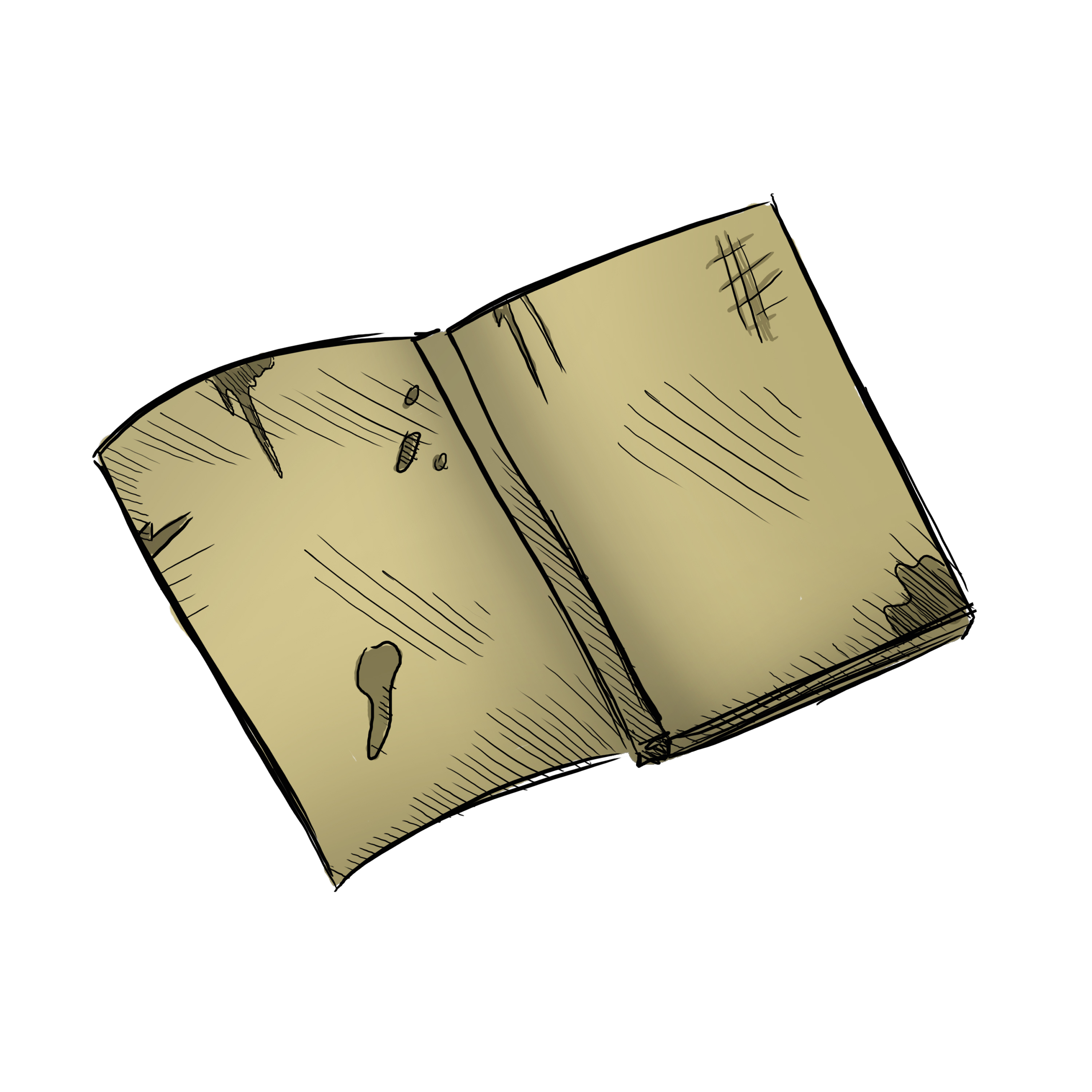
Why an age-old past time should make a return
By Alexis Zygan, Contributor
I think that as people become more aware of the harmful impact of prolonged screen time, they will gravitate to books to reverse any damage done to their attention-span.
There are seemingly far more ways to consume literature without having to purchase a physical copy these days. With a membership to Audible, you get one free audiobook book per month and an e-reader allows access to an entire library at your fingertips. Despite the innovations made in the marketing and distribution of books in order to compete with social media, video games, and YouTube, a BookNet study recorded that 81 percent of people had read a book in 2018, down from 84 percent from 2015. Since hobbies that depend on screens have begun to replace reading, more people must gravitate to YouTube or Instagram for a sense of community that is harder for readers to attain (unless you are part of a book club). Now, social media gives users the dopamine hit that keeps them coming back.
I think that as people become more aware of the harmful impact of prolonged screen time, they will gravitate to books to reverse any damage done to their attention-span. Those seeking the recommended eight hours of sleep should stop death-scrolling immediately, and instead, they should put their cell on silent and open a dusty book. Not only does reading aid rest, a 2009 University of Sussex study shows how reading results in a 68 percent reduction in stress and how the absence of blue light notifies the body of bedtime. It is quite possible then, to limit stress with just 30 minutes of dedicated and uninterrupted reading.
However, I speculate that reading will resurface in popularity in the years to come, much the same way vinyl records have seen a resurgence. If trends go as I have predicted, people will be flocking to bookstores for the immersive experience lost in digital mediums. Novels allow readers the much-needed escapism from their modern-day reality and can be a soothing narrative to get through quarantine-induced depression. By opening a book, we can live vicariously through a protagonist and explore a different world, replete with a new identity and vision; the experience is similar to a video game, but without the destructive potential of a dopamine dependence.
For those who prefer physical books but are concerned with sustainability there are great options like used book stores or the free books located at one of the many “take a book, leave a book” mini-libraries scattered around the city. Vancouver Public Library is also offering a service where they curate a book list for readers based on their selected interests.
Books are a part of our cultural fabric; a Pew Research Centre study showed that people consume around four novels per year, with Canadians logging nearly six hours of reading each week, even though new book releases do not receive the same online buzz as YouTube drama. Humans are natural storytellers who seek to share their experiences with others and books are the most enduring way to share those stories.


